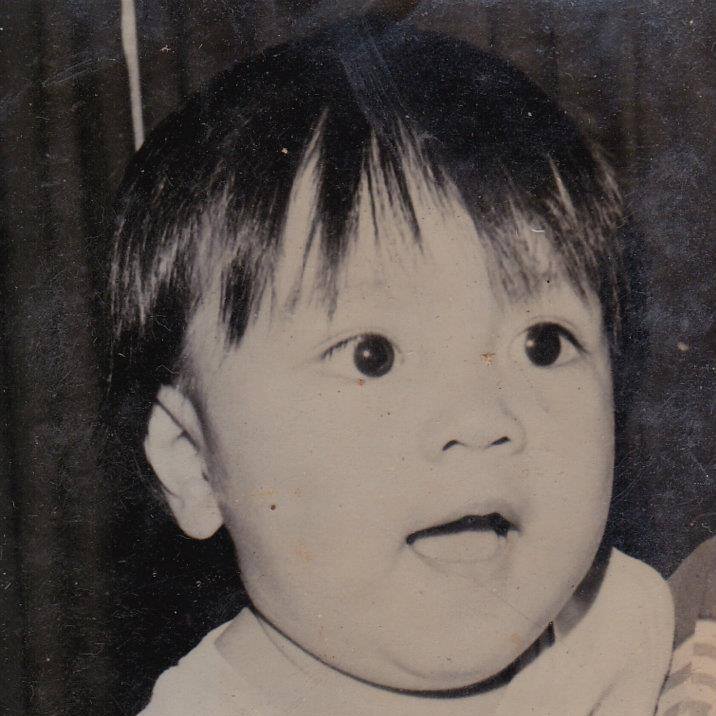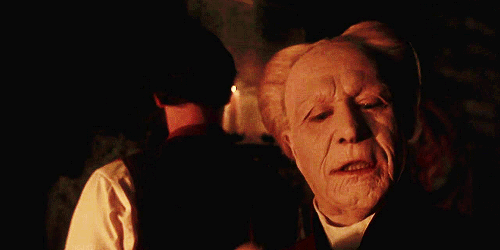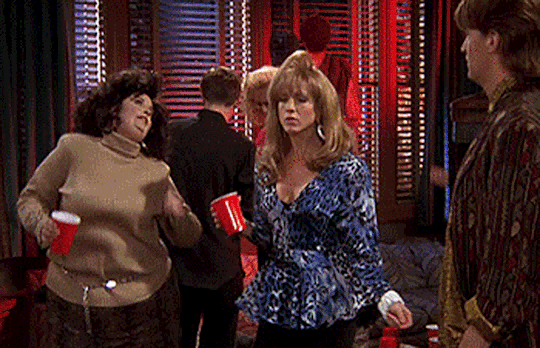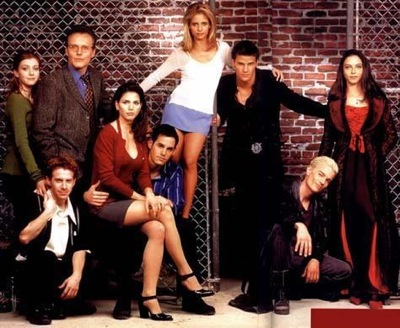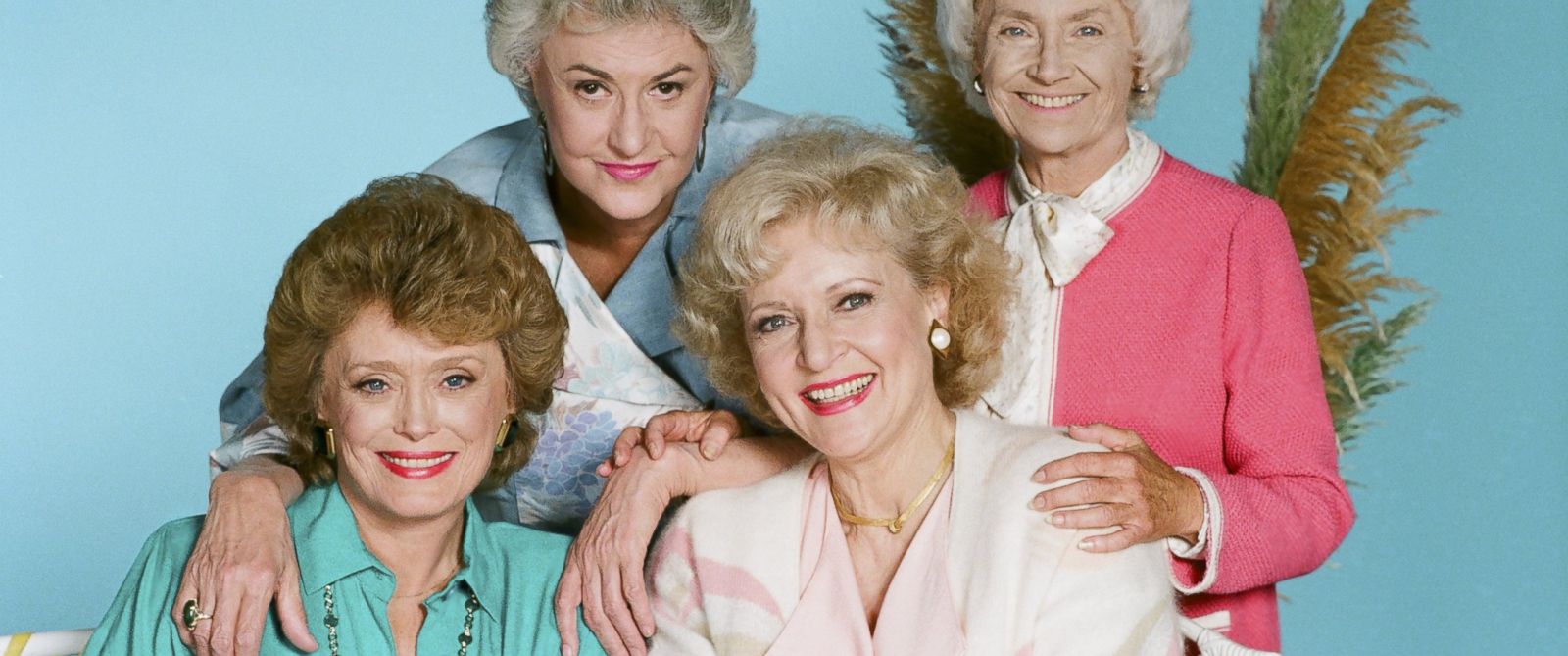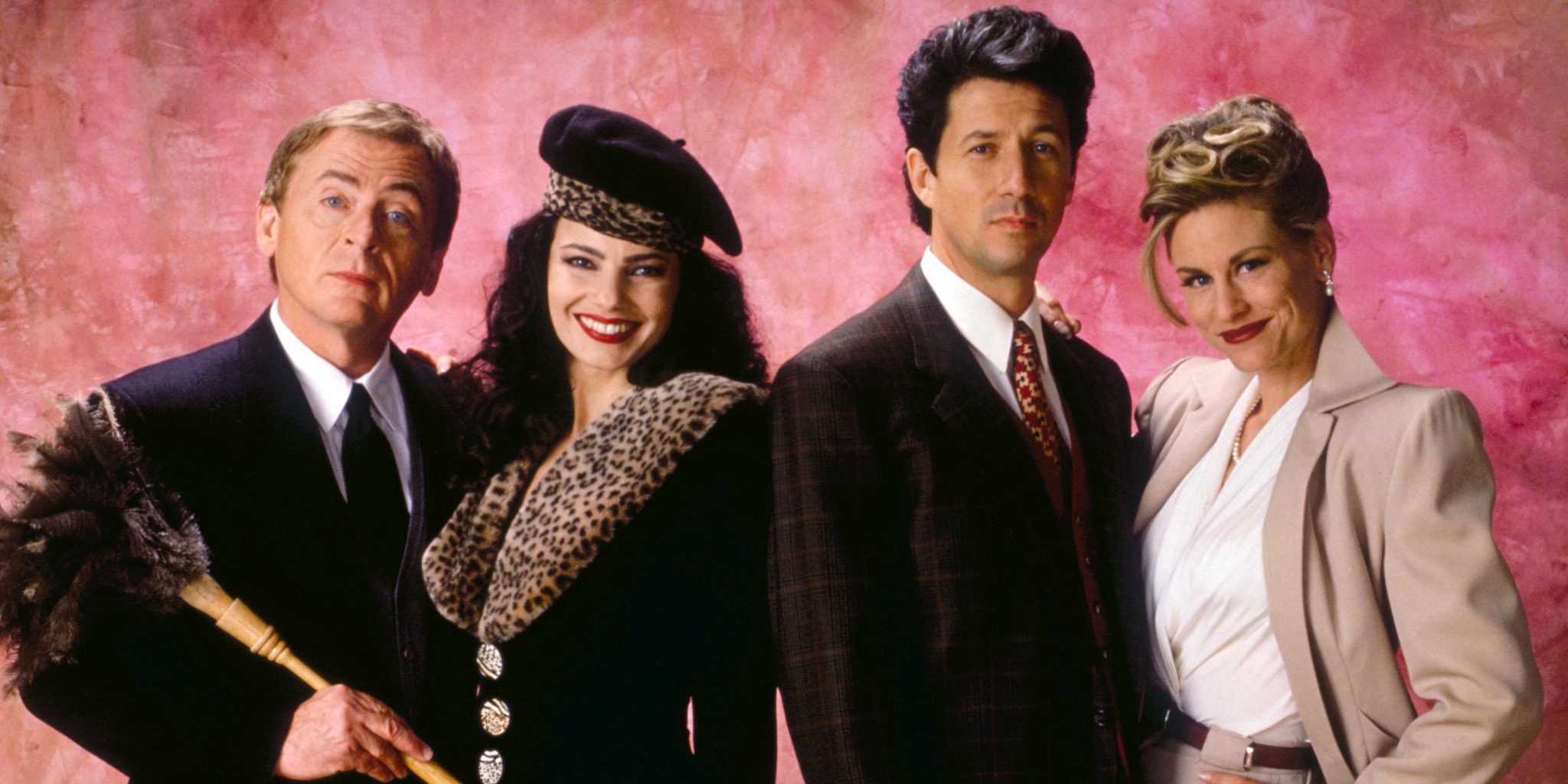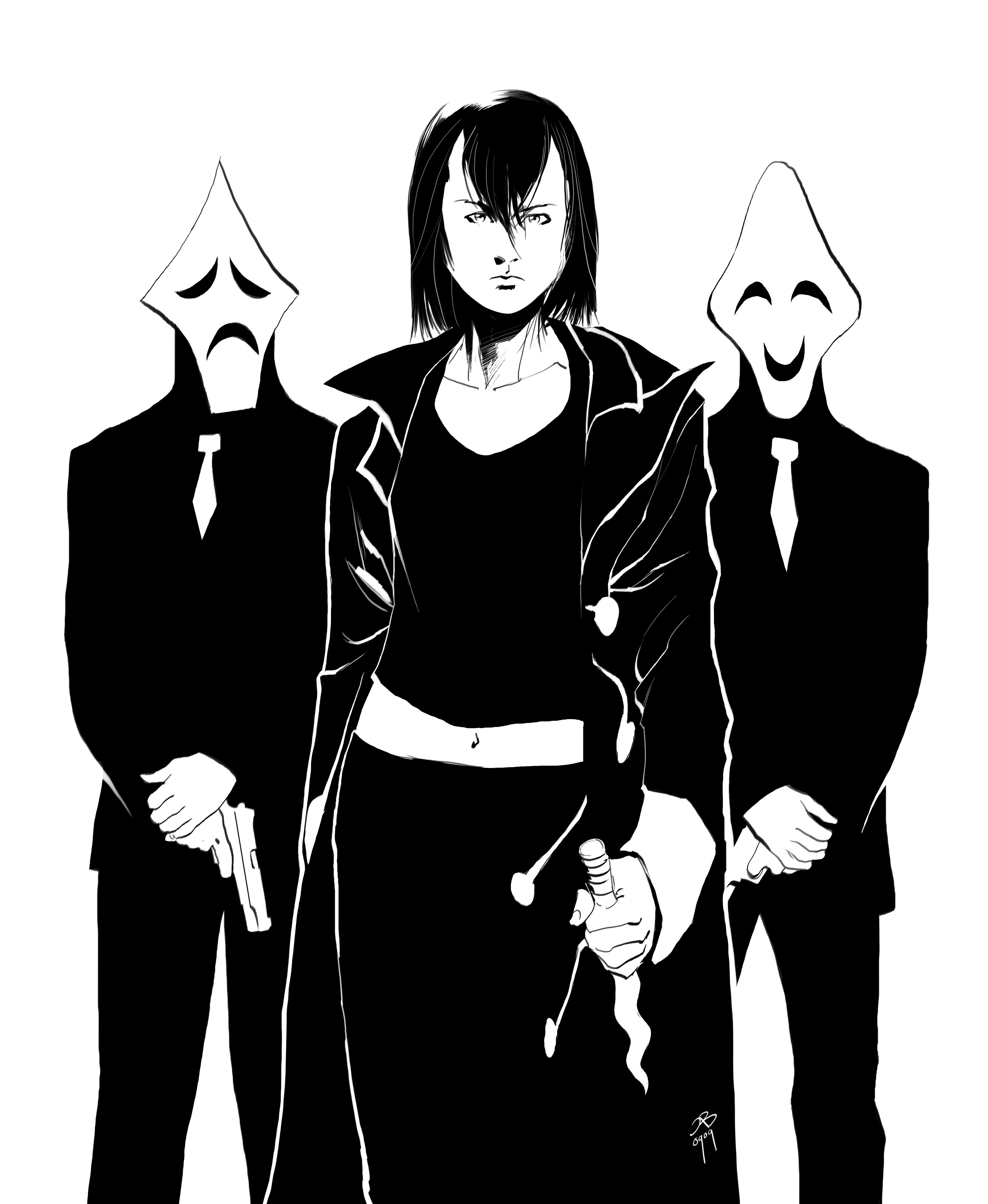Buffy Week, Day 6: Man, Just Ascend Already.
by allancarreon on Mar.30, 2017, under Film & TV, Geeky, Queer
Season 6 Credits
Continued From:
Buffy Week, Day 5: So Evil And Skanky And Kinda Gay
05. Passion. Season 2, Episode 17.
Giles: Yes, Xander, once more you’ve managed to boil a complex thought down to its simplest possible form.
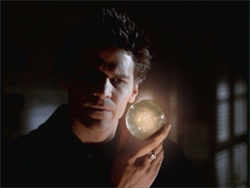 Passion did not have the epic scale of several Buffy episodes on my list. It did not have any particularly creative gimmick that would make it groundbreaking, nor was it a unique or unusual episode. It didn’t necessarily have that “larger than life” feel to it, nor did it overtly represent any social issue that some other episodes took care of addressing.
Passion did not have the epic scale of several Buffy episodes on my list. It did not have any particularly creative gimmick that would make it groundbreaking, nor was it a unique or unusual episode. It didn’t necessarily have that “larger than life” feel to it, nor did it overtly represent any social issue that some other episodes took care of addressing.
What Passion had was, well, passion.
It was a deceptively simple episode – yet one will notice how exquisitely shot and how almost poetically written it was. It embodied its very title as we saw the evil Angelus stalk Buffy, her family, and her friends. Here, the stakes (no pun intended) were raised as Angelus proved that he was not just some arrogant vampire or some all-bark-no-bite foe. Here, we understood that Angelus was, in fact, evil to the core.
Jenny Calendar’s death was perhaps the death that showed loyal viewers that the show meant business, that no one was safe, that shit just got real. It was one thing for random guest stars amd background characters get killed. This, however, was the first time a main and integral cast member was killed. And despite the lack of credits as a regular, make no mistake about it: Miss Calendar, who  was already building a solid fanbase (including yours truly), was a main character with how her story tied in so closely to Giles, Buffy, Angel, and the overall arc of the show.
was already building a solid fanbase (including yours truly), was a main character with how her story tied in so closely to Giles, Buffy, Angel, and the overall arc of the show.
And to see Angelus not just snap her neck so uncermoniously was not the most horrifying thing that the episode had to offer. The classic sequence of Giles coming home to a romantically-decorated abode – candles, wine, rose petals leading to the bedroom – only to find Miss Calendar’s lifeless body on his bed, a cruel joke from Angelus… this would forever be etched in my mind as one of the most heart-wrenching moments of the show. On any show.
This was the episode that finally made Buffy realize that Angelus needed to be put down, once and for all, and that the Angel she loved was truly gone and could no longer be saved. This was the episode wherein she decided that Angelus deserved to be killed.
The irony, of course, was that Angel’s salvation was a possibility, one that had been nearly completed by Miss Calendar before she died. The instruments for that salvation – all written on diskette (yes, kids, diskettes) – would go unnoticed at the end of the episode, leaving the question of whether Buffy’s decision was going to be fulfilled or not.
 04. Hush. Season 4, Episode 10.
04. Hush. Season 4, Episode 10.
Giles: I have a friend who’s coming to town, and I’d like us to be alone.
Anya: Oh, you mean an orgasm friend?
Giles: Yes, that’s exactly the most appalling thing you could have said.
This was, in a way, the first true “gimmick” episode of the series: an entire episode with over 60% having no dialogue whatsoever. However, “gimmick” is perhaps misleading, one that evokes thoughts of flashy or unusual concepts to cover sub-par execution. Hush, like the other “novelty” episode of the series, achieved the opposite: excellent execution and results. It was, in fact, the only episode of the show to gain an Emmy nomination for writing.
Here, The Gentlemen arrived in Sunnydale. Described as “fairy tale villains,” these creatures and their minions stole the voices of Sunnydale residents as a precursor to their goal: collect the hearts of seven people, ensuring that they are unable to scream while the Gentlemen carved these out of the victims’  chests. The Scoobies must band together to figure out how to combat the threat – but their lack of speaking capabilities was obviously a hindrance.
chests. The Scoobies must band together to figure out how to combat the threat – but their lack of speaking capabilities was obviously a hindrance.
Although many have called it the most terrifying episode of the series, I personally don’t think so, but I will concede it was a bit creepy. The sense of dread, expressed through the visuals and the musical score, was palpable. It still had a healthy dose of situational humor, which perfectly balanced the episode.
The episode also helped moved the season arc by finally “outing” Riley and Buffy to each other’s secret lives, paving the way for the Initiative plot to start taking more of the stage. What’s more important, of course, is that this was Tara’s first appearance – a significant character introduction whose presence would have ramifications for the remainder of the series and beyond.
 03. Once More With Feeling. Season 6, Episode 7.
03. Once More With Feeling. Season 6, Episode 7.
Anya: Bunnies aren’t just cute like everybody supposes. They got them hoppy legs and twitchy noses. And what’s with all the carrots? What do they need such good eyesight for anyway? Bunnies! Bunnies! It must be bunnies! … or maybe midgets.
Musicals! They’re not for everyone, but this episode might change the minds of those who aren’t fond of the genre. It was another novel idea that, in the hands of a lesser showrunner, could have become cheesy. Thankfully, Joss Whedon – as with Hush – made something that sounded absurd work. Joss also wrote all the songs; is there anything this man couldn’t do?
What made this musical episode top-notch was how, unlike normal musicals where singing and dancing were just givens, they created an in-universe explanation for why people were suddenly bursting into song (a musical demon, of course) and how this made organic sense in the context of the show’s internal logic. And moreover, as with other novelty episodes, this was not just a one-off exercise to showcase the cast and crew’s creativity, out-of-the-box thinking, and talents. It had an impact to the over-all arc of the season, where characters and plot trajectories moved forward.
As a musical demon came to town in pursuit of his expected bride-to-be Dawn, we saw the start of the slow demise of Willow and Tara’s couple-hood as the latter discovers that the former has been using magic to manipulate her and their relationship. We saw the fears and doubts of Xander and Anya regarding their impending wedding, which would all culminate later that season in Hell’s Bells. We saw Giles making the decision to finally leave suddenly to allow Buffy to mature and become an  independent adult, free from the crutch of having him around. We saw the beginning of Buffy finally starting to return Spike’s affections.
independent adult, free from the crutch of having him around. We saw the beginning of Buffy finally starting to return Spike’s affections.
And perhaps, most importantly, Buffy revealed her long-held secret: that when Willow resurrected her from the dead, she had been taken from Heaven. The repercussions of this revelation, of how Buffy’s new lease on earthly life was not as palatable as the gang thought it was, would be felt through the rest of the series.
Once More With Feeling probably had average to good songs at best, few of which were really memorable (I’ve Got A Theory medley, I’ll Never Tell, and especially the romantic and sexually-charged Under You Spell being my favorites), and the cast were mostly average to good enough singers. (Anthony Head and Amber Benson being the obvious truly good ones). And yet, despite such limitations, the episode taken as a whole was just fantastic. The cast and crew went outside their own comfort zones and, regardless of any shortcomings they might have had, delivered a beautiful and unique masterpiece of prime time television rarely seen.
It was such a success that it inspired other series to have their own musical episodes, including Scrubs, Grey’s Anatomy, Batman: The Brave and the Bold, and The Flash. Still, none of them could really claim anything beyond “gimmick,” unlike Once More With Feeling which – as New York magazine put it – is the gold standard for musical episodes.
Not surprisingly, the episode was nominated for an Emmy for Outstanding Musical Direction, but the academy forgot to include the title on the ballots. What a freaking bummer. Nonetheless, it was showered with numerous other accolades, and awards or not, this is by far a true winner of television history.
 02. Graduation Day, Parts 1 and 2. Season 3, Episodes 21 and 22.
02. Graduation Day, Parts 1 and 2. Season 3, Episodes 21 and 22.
The mayor, on the podium, addresses the graduating class.
Buffy: My God! He’s gonna do the entire speech!
Willow: Man, just ascend already.
Buffy: Evil.
What’s not to like about this 2-part finale of Season 3? If we’re talking about action, spectacle, and absolute epic-ness, this Buffy episode is the poster boy for all of that. It might not be as destructive as Chosen or as apocalyptic as The Gift, but there was just something absolutely exciting – something that makes me want to cheer! – about the entire graduating class of Buffy gathering behind the gang to support them in the final battle against The Mayor.
 Here, after the events of The Prom, the gang are preparing for their graduation as well as the coming ascension of Mayor Wilkins into demonhood, an event that would prove to be catastrophic should it pass. Along the way, Faith distracted Buffy from the mayor’s activities by trying to kill Angel, leading into the epic slayer versus slayer battle that had been brewing all season and which served as the climax of the first part of the story. Subsequently, after realizing that defeating the mayor and his minions would require more than what their small circle of friends could do, Buffy and the gang recruits their entire class – the same class that finally confirmed they know what Buffy did and recognized her for it during the prom – to fight. Come graduation day, as the mayor ascended, one of the most epic battles on the small screen happened.
Here, after the events of The Prom, the gang are preparing for their graduation as well as the coming ascension of Mayor Wilkins into demonhood, an event that would prove to be catastrophic should it pass. Along the way, Faith distracted Buffy from the mayor’s activities by trying to kill Angel, leading into the epic slayer versus slayer battle that had been brewing all season and which served as the climax of the first part of the story. Subsequently, after realizing that defeating the mayor and his minions would require more than what their small circle of friends could do, Buffy and the gang recruits their entire class – the same class that finally confirmed they know what Buffy did and recognized her for it during the prom – to fight. Come graduation day, as the mayor ascended, one of the most epic battles on the small screen happened.
The story wonderfully wrapped up a lot of the plot lines of the entire season. This included Mayor Wilkins’ plan to ascend into demonhood, a plan that stretched back to the first season and earlier and which was the primary arc of the season. It somewhat closed things out with Faith who ended up in a coma. It also transitioned Angel, Cordelia, and Wesley from their Sunnydale lives as they spun off into  Angel afterwards. Buffy also quit serving the Watchers’ Council, an act of independence that would significantly change the dynamics of the team come the fourth season.
Angel afterwards. Buffy also quit serving the Watchers’ Council, an act of independence that would significantly change the dynamics of the team come the fourth season.
What Graduation Day also did was provide a neat closure to… shall we call it Book One of Buffy? One can see this as the end of an era for Buffy and friends – with three cast members going off to a new show and the remaining (teenaged) ones going into a new life in college, things would be markedly different come Season 4. They also blew up Sunnydale High, a fitting symbolic gesture about how that era was now closed. In many ways, it literally was a graduation of the show. Seasons 1-3 do feel like its own separate “book” of Buffy, the teenaged years, with Season 4 being the transitional season, and Seasons 5-7 its own “book,” the journey towards adulthood.
All in all, Graduation Day showcased the best of what Buffy could do as a show on TV. It could in fact still be my favorite episode were it not for…
 01. The Body. Season 5, Episode 16.
01. The Body. Season 5, Episode 16.
Buffy: Mommy?
This is a critically-acclaimed but atypical – and powerfully visceral – episode.
For one thing, it’s partly novelty in that the entire episode has no musical score whatsoever, leaving the viewer with a feeling of silence and somberness that just eats at you unwittingly. The choice to do this was genius, as it perfectly conveyed the sense of loss and helpless that were key themes of the episode, and certainly there was nothing “gimmicky” about it.
 For another, this episode showed the gang dealing with the realities of death. That might seem absurd considering how much death they deal with in this horror show on a regular basis, but this was a death which not only came unexpectedly – it came naturally. Joyce died of an aneurysm, not by monster, and no amount of slaying would undo this.
For another, this episode showed the gang dealing with the realities of death. That might seem absurd considering how much death they deal with in this horror show on a regular basis, but this was a death which not only came unexpectedly – it came naturally. Joyce died of an aneurysm, not by monster, and no amount of slaying would undo this.
The Body also exhibited some fantastic direction, cinematography, and production choices. Subtle and nuanced shots and sounds gave the episode a level of heavy gravitas and heightened realism: windchimes tinkle as Buffy vomited, Xander getting a parking ticket, long shots of hospital corridors, precise hues and color decisions. The episode is just rather beautiful to watch by itself, story or no story.
The episode’s story beats were laid out pretty simply – a straightforward tale of Buffy finding her mother’s dead body and the aftermath of bringing the body to the morgue. However, though the outline might seem simple enough, the story itself is very complex and layered. It’s a very character-driven tale of how people – especially young people – deal with the sudden death of someone they never thought would go
Anya – who, in her capacity as an ex-demon who sought to understand human experiences, was perhaps the right character to be the voice of everyone – sums it up pretty well.
This alone was enough to make the episode for me.
And yes, Anya made me cry.
What makes The Body perhaps the shining glory of the show was its ability to truly bring us back to reality in the midst of all the vampires and demons and witches and epic battles. It’s a stark contrast to  everything that came before it and everything that came after.
everything that came before it and everything that came after.
Here, we saw Buffy not as an all-powerful slayer but rather just as a helpless daughter dealing with the loss of her mother and her need to suddenly grow up and be the mother to her helpless little sister.
Here, we saw the grief of family and friends and how they dealt with in different ways. I read an analysis how the various reactions of the Scoobies effectively portrayed the stages of grief, and I would have to agree. Xander’s and Willow’s anger, Dawn’s denial, Tara’s acceptance, Giles’s depression all 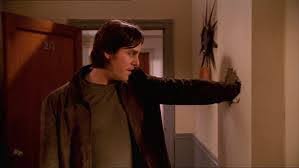 reflect all-too-human reactions. Even Anya’s speech could reflect a form of bargaining underneath the innocence and helplessness she demonstrated.
reflect all-too-human reactions. Even Anya’s speech could reflect a form of bargaining underneath the innocence and helplessness she demonstrated.
Here, we saw the pointlessness of death and the nihilistic thoughts that many of us would likely have already experienced when dealing with tragedy. There is the unfortunate feeling that, no matter the problem or trauma, life goes on. Many, including myself, felt that the inclusion of the vampire attack at the morgue was unnecessary, but Joss was already also driving home a point: vampires were an everyday reality in Sunnydale, and that scene clearly showed that the world does not stop in the face of tragedy.
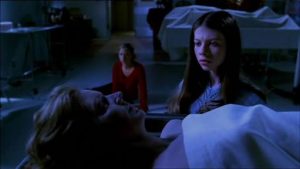
What makes The Body the best, aside from its excellent technical execution and the excellent performances of the cast, was that – in a sea of monster stories – it was stark and relatable reminder of the human condition.
Continued In:














































